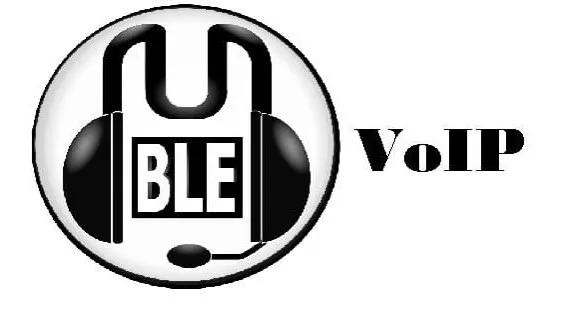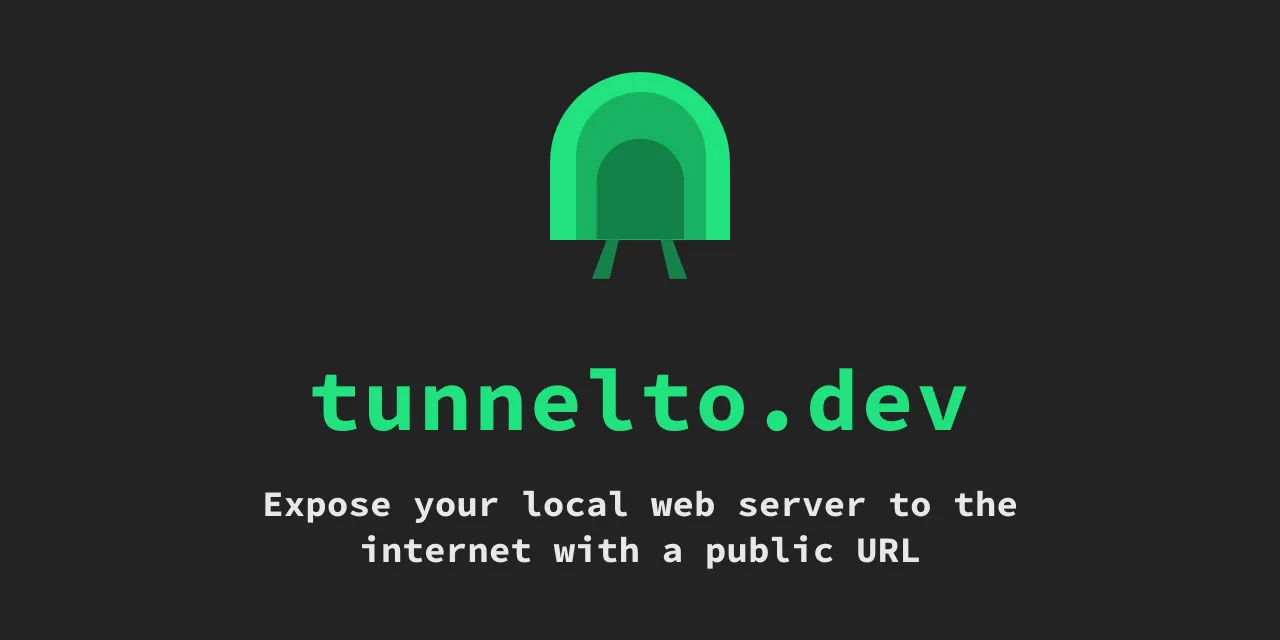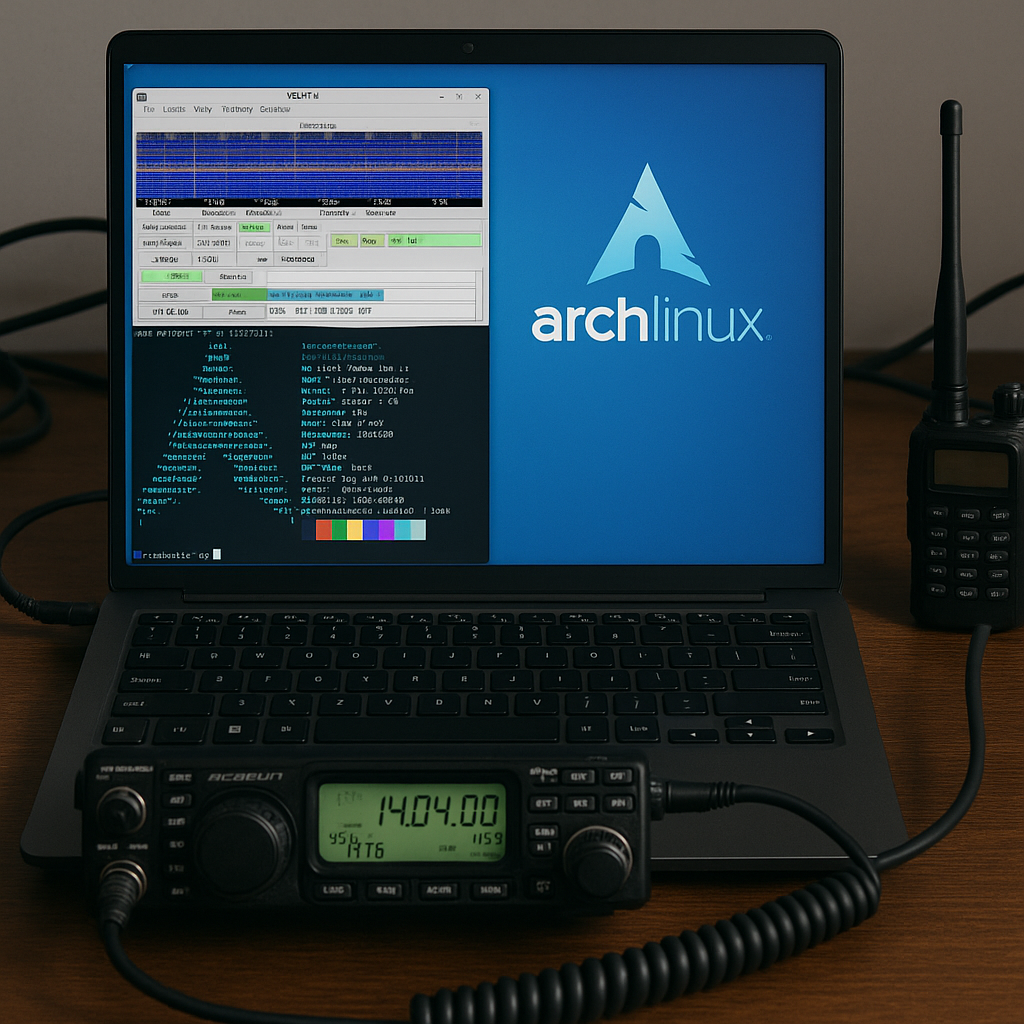BSD license
free open source software
free software
GNU public license
license
MIT license
buildsoftware, Coding, commercialsoftware, devcommunity, Developers, devtools, freecode, freedomtocode, legalguide, legaltech, mitlicense, openlicense, opensource, opensourcecode, opensourceproject, permissivelicense, programming, softwareengineering, softwarefreedom, softwarelaw, softwarelicense, sourcecode, startups, TechBlog
9M2PJU
0 Comments
What is the MIT License
If you’re building software and want to share your code with the world without the legal headaches, the MIT License might be your best friend.
It’s short.
It’s simple.
It gives people freedom, without locking them into anything.
📜 What Is the MIT License?
The MIT License is a permissive open source license, created at the Massachusetts Institute of Technology — hence the name. It says:
“Here’s the code. Do whatever you want with it — just don’t remove the original license and give credit.”
That’s it. No catch. No complex legal clauses. Just an open invitation to use, modify, distribute, and even sell the software.
✅ What Can You Do With MIT-Licensed Code?
Pretty much everything:
- ✅ Use it in personal, educational, or commercial projects
- ✅ Modify it however you want
- ✅ Include it in closed-source or proprietary software
- ✅ Fork it, remix it, resell it — it’s up to you
You’re not required to open-source your changes, and there’s no obligation to re-license anything.
⚠️ What Are the Conditions?
There are just two simple rules:
- Keep the original license text with the software.
- Give credit to the original author(s).
No viral licensing. No copyleft. No obligation to share your source code.
There is also a standard disclaimer that says:
“The software is provided as is, without warranty of any kind.”
This protects the original developer from being held liable if something goes wrong.
📦 MIT vs BSD vs GPL
Let’s compare the MIT License to two other common licenses:
| Feature | MIT License | BSD License | GPL License |
|---|---|---|---|
| Permissive | ✅ | ✅ | ❌ (copyleft) |
| Allows closed-source use | ✅ | ✅ | ❌ |
| Requires sharing changes | ❌ | ❌ | ✅ |
| Easy to understand | ✅ | ✅ | ❌ |
🏢 Who Uses the MIT License?
A ton of popular open-source projects and companies rely on the MIT License. Some big names include:
- Node.js
- jQuery
- Rails
- VS Code (most parts)
- React (used to, before moving to MIT officially again)
- Tons of libraries on npm and PyPI
Whether you’re a solo dev sharing your weekend project or a tech startup releasing a framework, the MIT License is a go-to choice.
🧠 Why Choose the MIT License?
- You want others to benefit from your work, without restrictions.
- You’re okay with people using your code in commercial products.
- You want to keep the license simple and short.
- You don’t want legal drama.
MIT is especially useful if you’re trying to grow adoption quickly, because it doesn’t scare businesses away with complex rules.
🔚 Final Thoughts
The MIT License is popular for a reason: it’s simple, flexible, and fair. You give the world your code, and all you ask in return is a little credit and no blame.







Post Comment